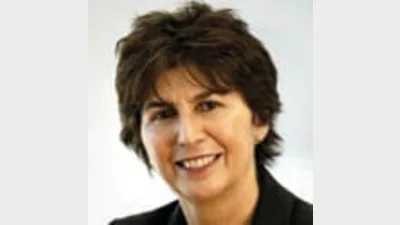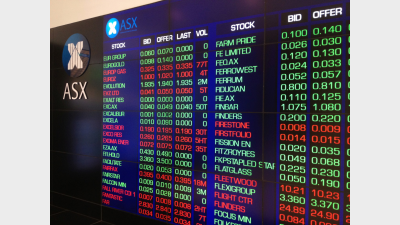Legislative hurdles to better risk management



 |
| Pauline Vamos
|
Existing legislation and documentation is preventing the super industry from adopting better standards of risk management, according to the chief executive of the Association of Superannuation Funds of Australia (ASFA), Pauline Vamos.
Speaking at the launch of an ASFA/Deloitte best practice paper and survey on risk management frameworks for super funds, Vamos said Superannuation Industry Supervision (SIS) requirements to audit risk management plans were encouraging super funds to focus on passing the audit rather than developing higher standards of risk management.
“This is something that I think is constrained by some of the documentation out there as well as the legislation, [which is] ‘as long as we comply with the APRA [Australian Prudential Regulation Authority] guides then we’re fine’; that’s the attitude we have to change,” she said.
Vamos said super funds were “dumbing down” their risk management plans as a result.
“Because a risk management plan is audited, the focus is on getting through the audit and making sure that you draft it so that it’s not that hard to breach, and that leads to dumbing down your risk management plan,” she said.
“It gives the wrong focus,” she said.
Vamos said the audit requirement needed to be scrapped.
Matthew Fraser, Deloitte partner of risk services, said the challenge for super funds was that the approach to risk management and the risks of applying the approach was linked to the strategic direction of the organisation.
“If you look at all the challenges that the industry now faces, the Cooper Review and the Henry Review ... it's a lot more around strategic risk, not compliance driven risk, and if you’re not thinking about them, you won’t be sustainable as a fund,” said Tony Brain, assurance and advisory partner at Deloitte.
Outsource providers also need to be brought inside the risk process, according to Brain.
Super funds need to envelop service providers within the risk framework rather than relying on reports from a provider that uses its own framework, he said.
Recommended for you
Rest Super remains “fully committed” to equities, even as it anticipates higher market volatility than experienced in previous decades.
Australian superannuation funds have again generated strong returns for FY25, with the median growth fund returning 10.5 per cent for the year, according to Chant West.
The US remains a standout destination for innovation and commercialisation, according to MLC Asset Management chief investment officer Dan Farmer.
Hostplus’ MySuper Balanced option delivered significantly stronger returns in 2024–25, bouncing back from the previous year when its cautious stance on listed markets came at a cost to members.











